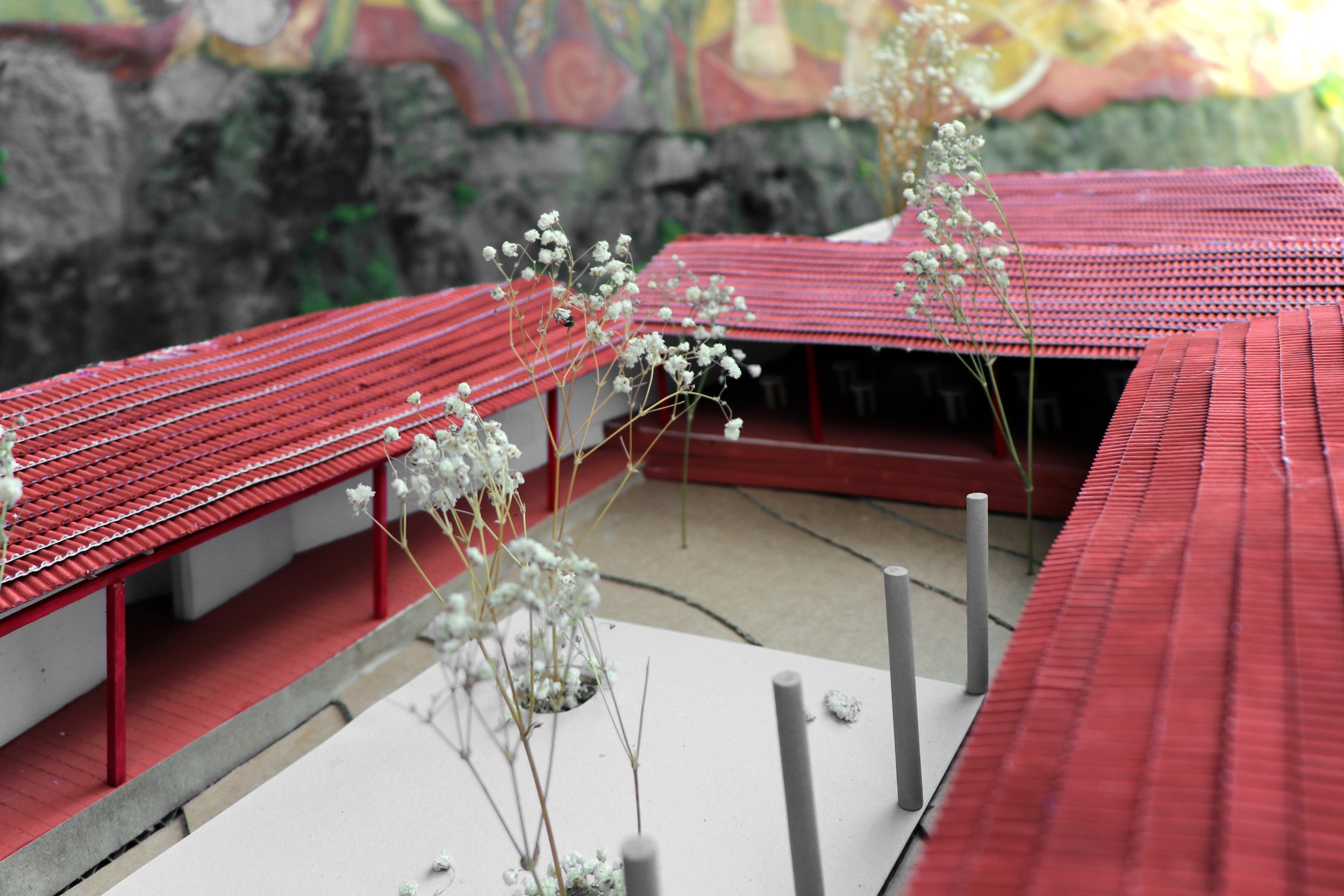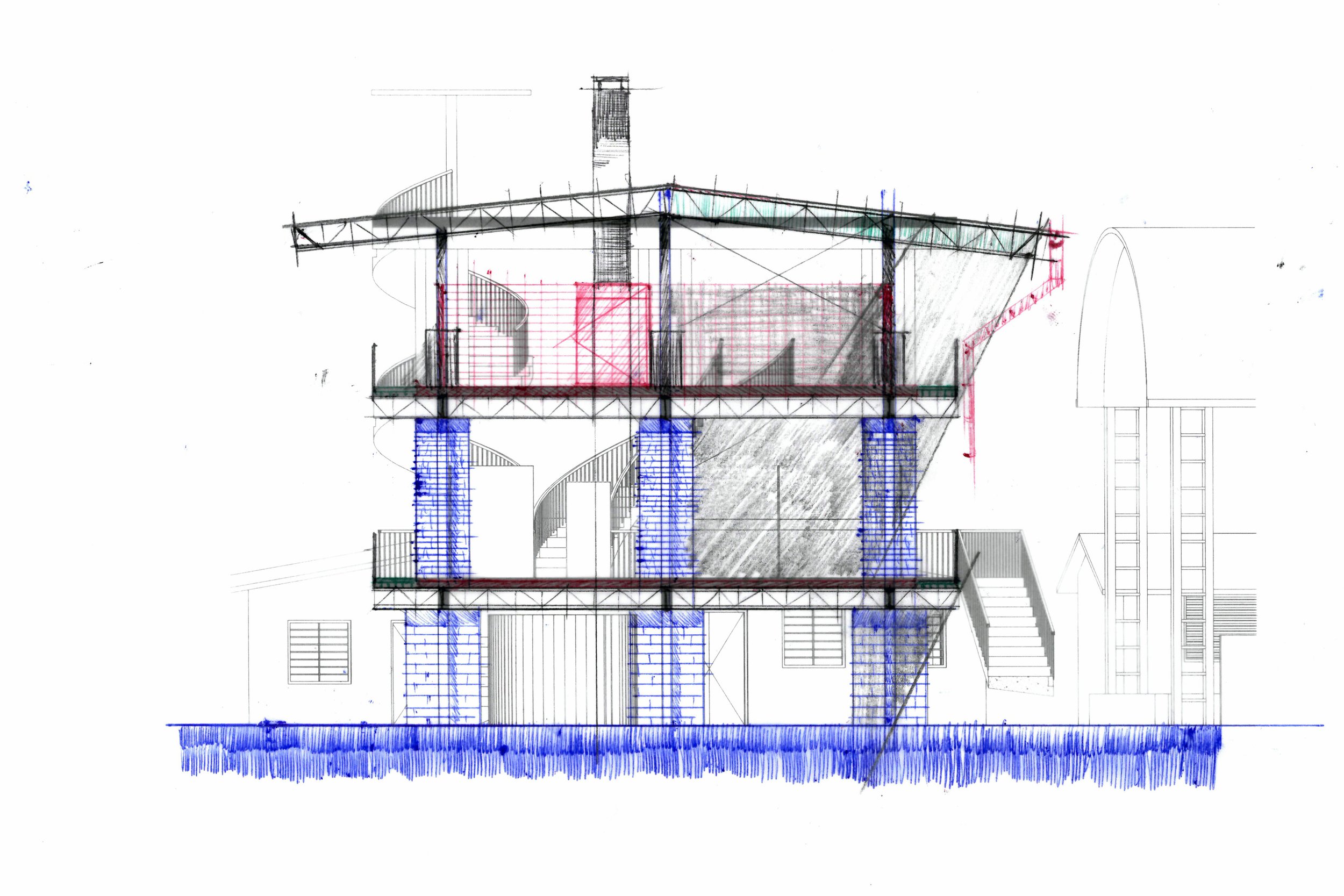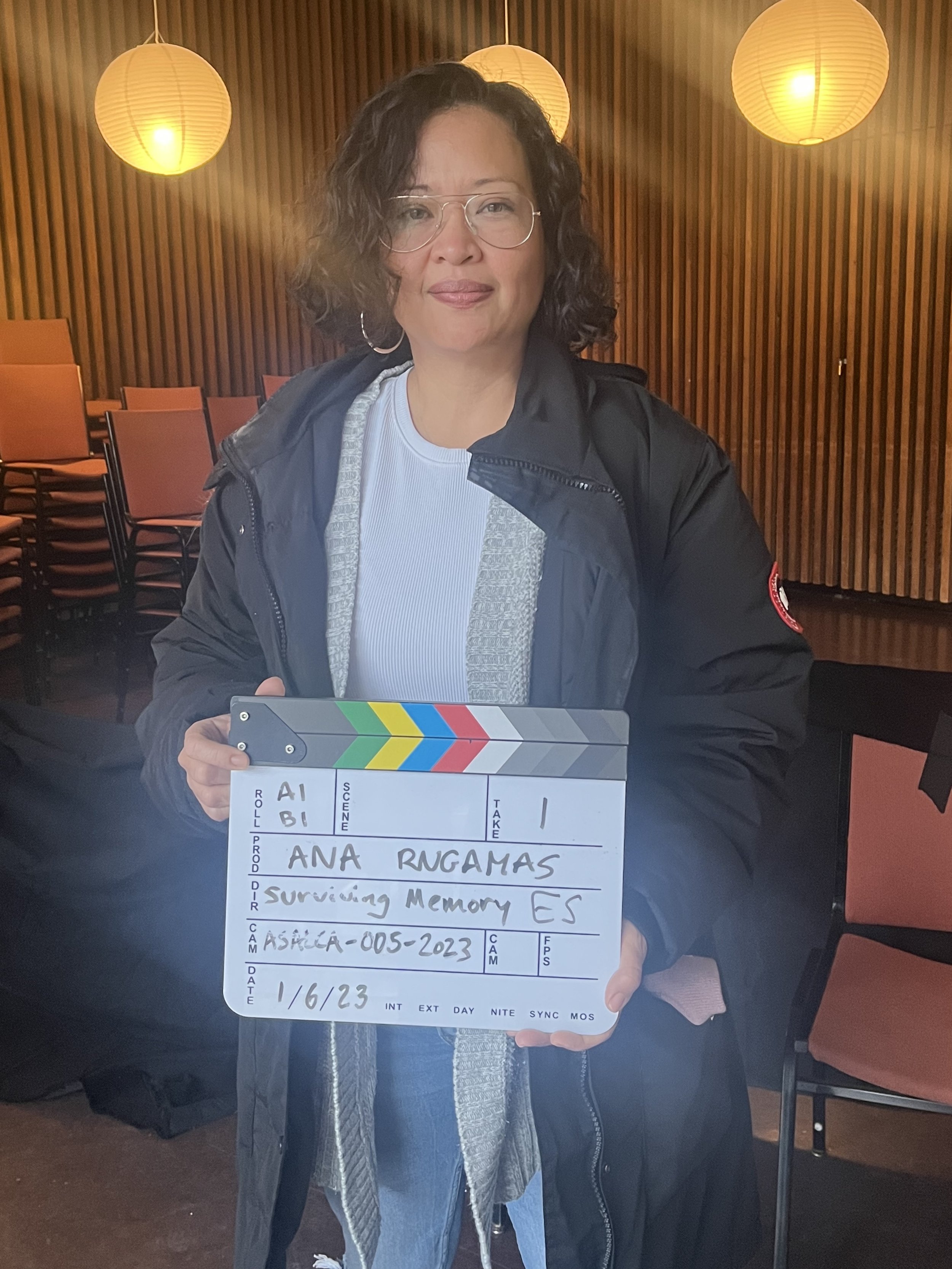Museums
Arcatao Historical Memory Museum
In January 2022, the Comité de Memoria Histórica Sobreviviente de Arcatao, Chalatenango [Committee of Surviving Historical Memory in Arcatao, Chalatenango] announced plans to relocate and strengthen their Historical Memory Museum on land owned by the Arcatao Community Development Association (ADESCO). Currently, the small museum and the Radio Farabundo Martí are housed in Jesuit facilities on the town's eastern outskirts. The museum features significant artifacts and documents related to the war and its causes.
Las Vueltas Museum of Historical Memory
The Las Vueltas Museum of Historical Memory, located in the heart of Chalatenango, El Salvador, seeks to strengthen the community’s deep connection to its past, its sensitivity to contemporary challenges, and its capacity to envision the future. The museum’s foundation lies in the individual and collective memories of the armed conflict, which profoundly shaped the lives of its inhabitants and their strong social organization. Designed as a vibrant community space, the museum will not only house historical artifacts but also serve as a hub for education, socialization, and artistic expression, featuring a high-quality recording studio for regional musicians
San José Las Flores Casa de la Memoria
The Casa de la Memoria in San José Las Flores is an ambitious project dedicated to preserving the community's historical memory and fostering cultural expression in Chalatenango, El Salvador. Rooted in the collective experiences of survival and repopulation during the civil war, this initiative will transform a modest one-story building into a vibrant place that honors the past, addresses present topics, and inspires future generations.
Located near the town’s central park, the Casa de la Memoria will feature exhibitions, cultural activities, workshops, and a café and shop selling locally crafted products, stimulating the local economy and serving as a dynamic meeting place for the community. As a member of the Red de Museos de Chalatenango, the Casa de la Memoria will connect with a network of regional museums, amplifying its impact and reach.
Virtual Museum of Salvadoran Migration to Canada
The Virtual Museum of Salvadoran Migration to Canada is a collaboration between the Salvadoran Canadian Association (ASALCA), the Faculty of Information and Media Studies at Western University, and Toronto filmmaker, Shawn Robertson. This first phase of the project aims to document the experiences of Salvadoran immigrants who came to Canada as refugees in the context of the Salvadoran Civil War, along with the experiences of their direct descendants in the diaspora. In video interviews, project participants from Toronto, Vancouver, London, Edmonton, Ottawa, Montreal, and Halifax share their migration stories, explore the historical context that motivated their migration, document cultural heritage, and reflect on Salvadoran Canadian identity. The goal is to build an accessible digital platform that not only preserves these personal narratives but also highlights the resilience and contributions of the Salvadoran community
Chalatenango Historical Memory Community Museums Network
The Museums Network was launched in July 2021 in the context of the Surviving Memory in Postwar El Salvador research initiative. It is a space to organize meetings and exchange experiences between communities that work to rescue the historical memory of their peoples through community museums; access to joint training; by developing activities as a network; and by encouraging communities that do not yet have a community museum to work on creating one.
Museum of the Word and Image (MUPI): Extension and Remodeling Design
The Museum of the Word and Image (MUPI) is located in San Salvador, specifically in the La Esperanza neighborhood, at the address 27 Avenida Norte #1140, between 19 and 21 Calle Poniente. The MUPI is a citizen initiative dedicated to preserving and promoting the historical memory of El Salvador, as well as to contributing to the cultural and educational development of the country. It was founded by Carlos Henríquez Consalvi, also known as “Santiago,” and as the director of the clandestine radio station Radio Venceremos during the Salvadoran Civil War.






